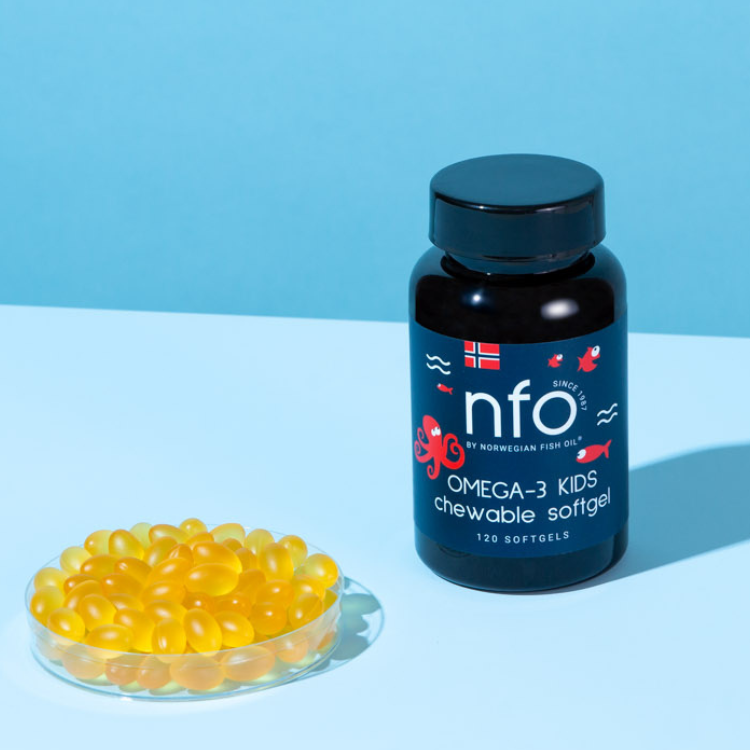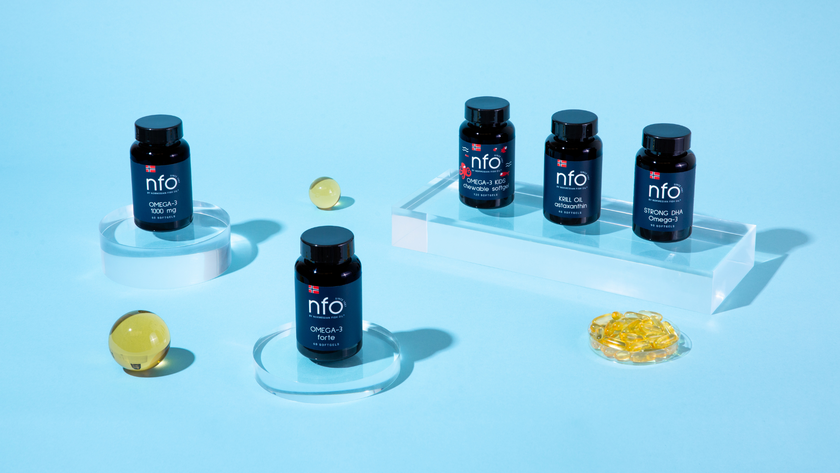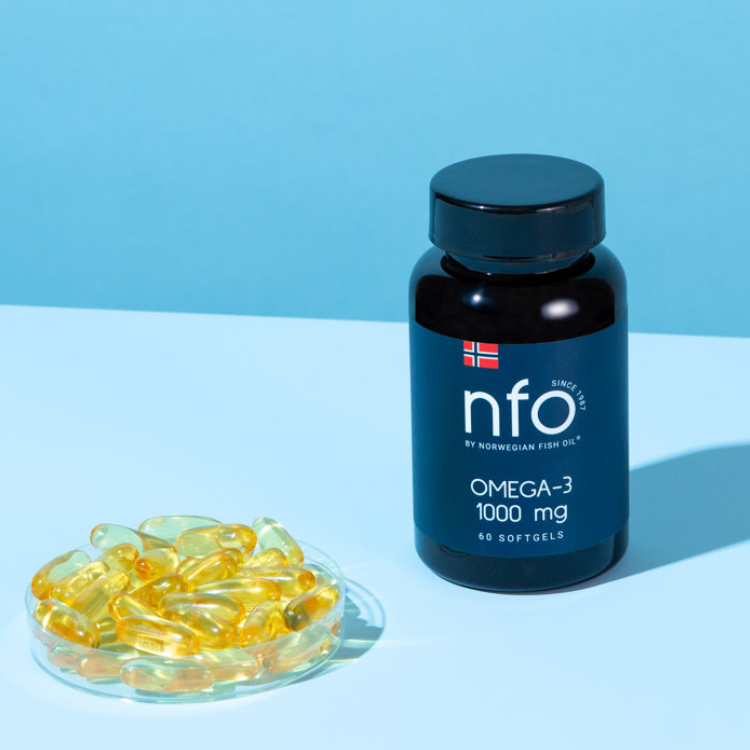How Much Vitamin C Should You Take?
Vitamin C, also known as ascorbic acid, is one of the most well-known and widely consumed vitamins in the world. It's famous for boosting immunity, preventing scurvy, and helping with skin health. But how much do you really need every day? Can you take too much? And are there differences based on age, lifestyle, or health conditions? In this article, we explore the optimal amount of vitamin C you should take daily, how to get it, and the potential risks of overuse.
What Does Vitamin C Do?
Vitamin C is a water-soluble vitamin, which means it doesn’t stay in the body for long. Your body uses what it needs, and the rest is excreted through urine. This also means you need a regular daily intake.
Vitamin C is involved in several important processes:
- Collagen synthesis, which supports healthy skin, joints, and blood vessels.
- Immune function, helping the body fight infections and reduce inflammation.
- Antioxidant protection, neutralising harmful free radicals.
- Iron absorption from plant-based sources.
- Wound healing and recovery from injuries.
According to the NIH Office of Dietary Supplements, vitamin C is essential for growth and repair of tissues in all parts of your body.
How Much Vitamin C Do You Need?
The Recommended Dietary Allowance (RDA) for vitamin C varies by age, sex, and lifestyle.
| Group | RDA (mg/day) |
|---|---|
| Infants (0–6 months) | 40 mg |
| Infants (7–12 months) | 50 mg |
| Children (1–3 years) | 15 mg |
| Children (4–8 years) | 25 mg |
| Children (9–13 years) | 45 mg |
| Teen boys (14–18 years) | 75 mg |
| Teen girls (14–18 years) | 65 mg |
| Adult men | 90 mg |
| Adult women | 75 mg |
| Pregnant women | 85 mg |
| Breastfeeding women | 120 mg |
| Smokers | +35 mg extra |
Source: ODS, 2022; Daily Values, 2020
Signs You Might Need More Vitamin C
While scurvy is rare in modern societies, mild vitamin C deficiency is more common than many realise. Some signs include:
- Fatigue or low energy
- Bleeding gums
- Frequent colds and infections
- Dry or rough skin
- Slow wound healing
- Easy bruising
One study showed that people with low vitamin C had poorer immune responses (Carr & Maggini, 2017).
What Happens If You Take Too Much?
The upper intake level for vitamin C is 2,000 mg per day for adults. Taking more may cause:
- Diarrhoea
- Nausea
- Stomach cramps
- Kidney stones
High doses over short periods are sometimes used to treat colds or fatigue, but daily excess is not recommended without medical supervision.
Best Sources of Vitamin C
Top food sources of vitamin C include:
- Guava (1 fruit): 125 mg
- Kiwi (1 fruit): 70 mg
- Red bell pepper (1/2 cup): 95 mg
- Orange (1 medium): 70 mg
- Strawberries (1/2 cup): 50 mg
- Broccoli (1/2 cup, cooked): 50 mg
Should You Take a Vitamin C Supplement?
You might consider a supplement if you:
- Eat little fresh produce
- Are a smoker
- Have digestive issues like Crohn’s
- Have high stress or infections
A meta-analysis showed vitamin C can reduce cold duration, especially in people with low levels (Ran et al., 2018).
High-Dose Vitamin C in Therapy
IV vitamin C is being studied for use in cancer, COVID-19, and sepsis (Fowler et al., 2019; Nauman et al., 2018). These uses are still experimental and not part of regular care.
Vitamin C and Immunity
Vitamin C plays many roles in immunity, helping reduce inflammation and infection duration. A review found regular use reduces cold length by 8–14% (Hemilä & Chalker, 2013).
Does Vitamin C Help Skin?
Yes. Vitamin C supports collagen, reduces wrinkles, and helps the skin fight sun damage. Oral and topical use both offer benefits (Pullar et al., 2017).
Final Thoughts
Vitamin C is a simple but vital nutrient. Most people get enough from food. But some may benefit from a supplement, especially during illness or stress. Stay within recommended levels, and speak with a doctor if you have a health condition or take high doses.
References
- ODS (2022) Vitamin C – Consumer Fact Sheet
- Carr & Maggini (2017) Vitamin C and immune function
- Ran et al. (2018) Effects of vitamin C on common cold
- Fowler et al. (2019) Vitamin C in sepsis
- Nauman et al. (2018) Vitamin C in cancer trials
- Hemilä & Chalker (2013) Vitamin C and the common cold
- Daily Values (2020)
- Health.gov (2015) Dietary Guidelines Appendix 7









